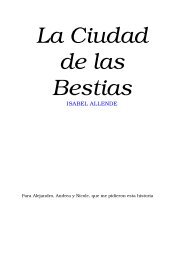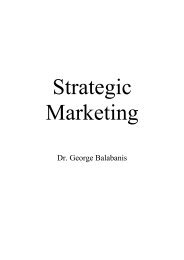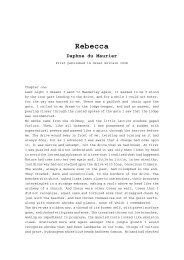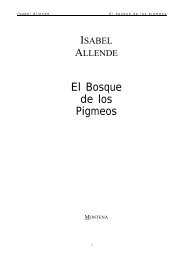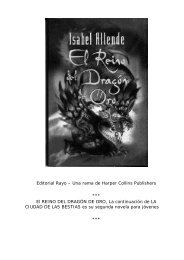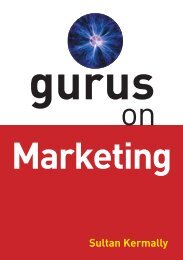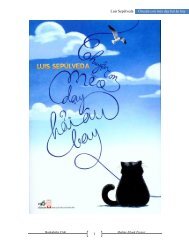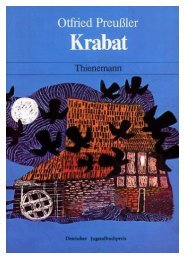Brand Failures
Brand Failures
Brand Failures
You also want an ePaper? Increase the reach of your titles
YUMPU automatically turns print PDFs into web optimized ePapers that Google loves.
266 <strong>Brand</strong> failures<br />
interview. ‘An idea that was effective a generation ago would fall flat, stale,<br />
and unprofitable if presented to the public today. Not that the idea of today<br />
is always better than the older idea, but it is different – it hits the present<br />
taste.’<br />
Throughout the first half of the 20th century, Pear’s remained the leading<br />
soap brand in the UK. However, towards the end of the century the market<br />
was starting to radically evolve.<br />
In an October 2001 article in the Guardian, Madeleine Bunting charted<br />
our love affair with soap:<br />
Over the past 100 years, soap has reflected the development of consumer<br />
culture. Some of the earliest brand names were given to soap; it<br />
was one of the first mass-produced goods to be packaged and the subject<br />
of some of the earliest ad campaigns. Its manufacturers pioneered<br />
market research; the first TV ads were for soap; soap operas, tales of<br />
domestic melodrama, were so named because they were often sponsored<br />
by soap companies. Soap made men rich – William Hesketh Lever,<br />
the 33-year-old who built Port Sunlight [where Pear’s was produced],<br />
for one – and it is no coincidence that two of the world’s oldest and<br />
biggest multinationals, Unilever and Procter & Gamble, rose to power<br />
on the back of soap.<br />
Recently though, Bunting argued, a change has emerged. The mass-produced<br />
block has been abandoned for its liquid versions – shower gels, body washes<br />
and liquid soap dispensers. ‘In pursuit of our ideal of cleanliness, the soap<br />
bar has been deemed unhygienic,’ she claimed.<br />
Of course, this was troubling news for the Pear’s Soap brand and, by the<br />
end of the last century, its market share of the soap market had dropped to<br />
a low of 3 per cent. Marketing fell to almost zero. Then came the fatal blow.<br />
On 22 February 2000 parent company Unilever announced it was to<br />
discontinue the Pear’s brand. The cost-saving decision was part of a broader<br />
strategy by Unilever to concentrate on 400 ‘power’ brands and to terminate<br />
the other 1,200. Other brands for the chop included Radion washing powder<br />
and Harmony hairspray.<br />
So why had Pear’s lost its power Well, the shift towards liquid soaps and<br />
shower gels was certainly a factor. But Unilever held onto Dove, another soap<br />
bar brand, which still fares exceptionally well. Ultimately, Pear’s was a brand



